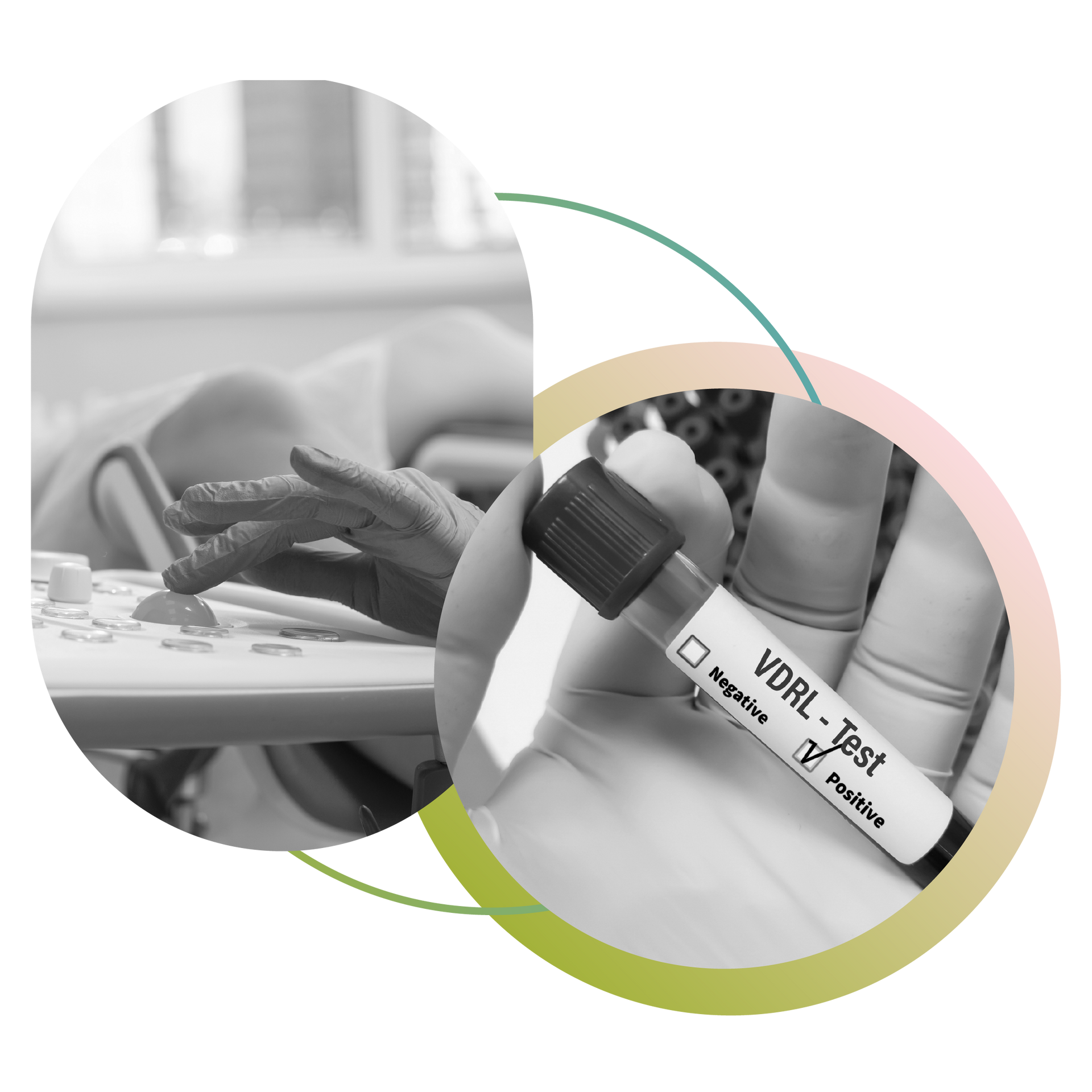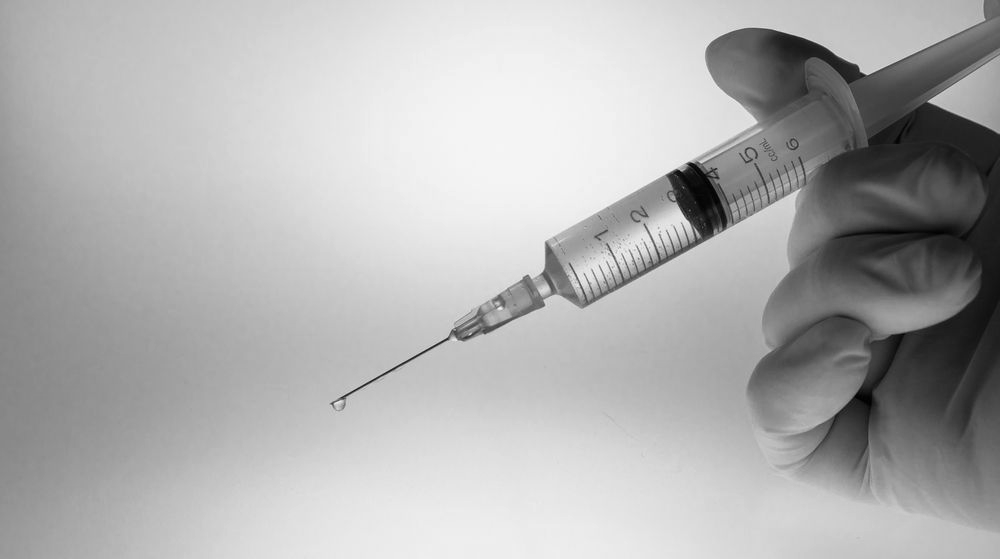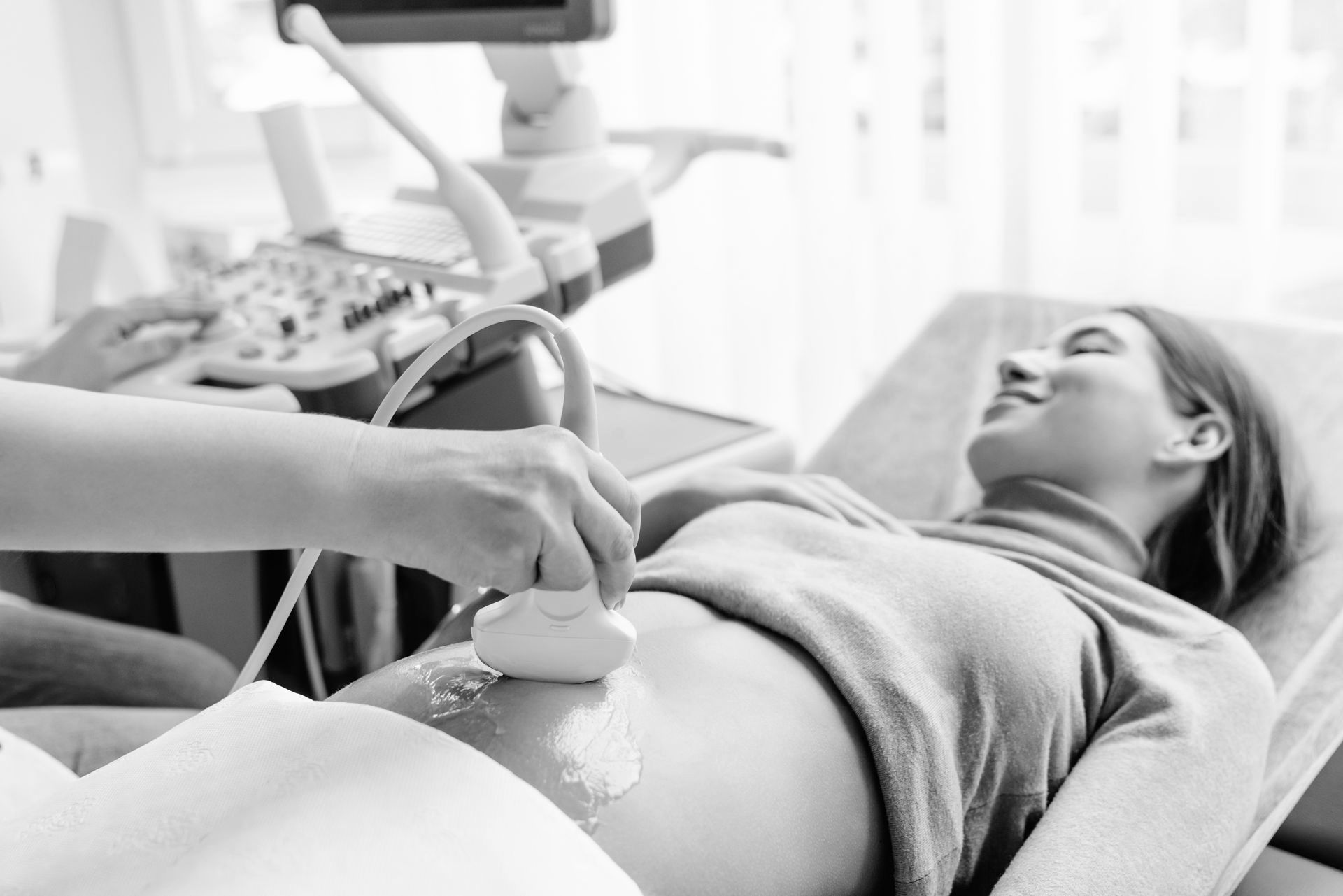STI Screening
Take Control
Our STI screening is limited to urine-based testing for Chlamydia and Gonorrhea, the two most prevalent STIs in our area. Results are usually available after 48 hours depending on the workload of the testing lab. STI screenings are available to women and men in our communities. Patients needing testing for other STIs will be provided with testing resources.
Taking control of your sexual health is essential, and getting tested for sexually transmitted infections (STIs) and diseases (STDs) can help you seek treatment early – avoiding long-term consequences and stopping the spread of infection. Despite the benefits of routine STI/STD testing, many women avoid scheduling these services because they worry about being judged or they do not know what to expect.
Willow Womens Center is passionate about eliminating barriers by offering free STI testing in a judgment-free environment, so you can ask questions, get information, and leave empowered to make informed decisions about your own health and wellness.

STI & STD Symptoms
In many cases, a sexually transmitted infection is present without noticeable signs or symptoms. In other cases, STDs produce a range of symptoms in women, including:
- unusual discharge
- sores, blisters, or warts on your mouth, genital area, thighs, or bottom
- redness, soreness, or itching in the genital area
- pain with urination
In severe cases, sexually transmitted diseases can cause systemic symptoms, like fever, muscle pain, swollen lymph nodes, joint pain, rash, and sore throat.
When to Get Tested
It is a common misconception that free STI testing is only recommended when symptoms are present, but many sexually transmitted diseases do not produce symptoms until they reach advanced stages, at which point they can cause serious damage to your body. We refer to testing in patients who do not have symptoms as ‘screening.’ Screening is recommended for:
- Everyone at least once in their lives. All people should be screened for HIV between the ages of 15 and 65, and those at highest risk should be screened annually. Hepatitis B screening should be performed on everyone at least once as well. It is recommended more frequently for those with symptoms or risk factors for disease.
- Women over 21. Women over 21 should be screened for HPV (a leading cause of cervical cancer) and cervical cancer at least every three years until age 30, at which point they can transition to a pap test in combination with an HPV test every five years.
- Pregnant women. During your first prenatal visit, an STD screening for Chlamydia, syphilis, hepatitis B, and HIV is recommended. Women at high risk should also be screened for gonorrhea and hepatitis C during their pregnancy. Identifying these infections early can help your provider take steps to protect the fetus during pregnancy and delivery.
- People with HIV. People who have HIV are at higher risk of catching other sexually transmitted diseases. Additional STI screening is typically recommended immediately following an HIV diagnosis and may be required more frequently going forward depending on risk factors.
- Young women who are sexually active. If you are under 25 and sexually active, Chlamydia testing is recommended and can be done at the same time as other screenings.
- People with a new partner. Any time you start a new relationship, it is important that both partners are tested for sexually transmitted infections before engaging in sexual activity with one another.
- Anyone exposed or experiencing symptoms. If you believe you have been exposed to a sexually transmitted disease or are experiencing the signs and symptoms of infection, it is important to refrain from unprotected sex and get tested as soon as possible.
Book an Appointment
Schedule a Pregnancy Consultation Appointment below or get information about our location.
Importance of Regular Testing
You can have a sexually transmitted infection without signs or symptoms for many years. During this time, you can pass the infection to your partner(s) or to an unborn child.
All STIs/STDs can be treated with the right medication, and many can be cured entirely.
Routine screening
is important to diagnose and treat sexually transmitted infections before they cause health problems, are spread to others, or impact the health of a fetus.

Can I be Pregnant and have an STI or STD?
Yes, you can either become pregnant while you have an active or dormant infection or contract an infection while you are pregnant. In fact, in many cases, pregnancy increases the risk of infection as partners may stop using condoms or other barriers during pregnancy.
When left untreated, sexually transmitted diseases can be dangerous during pregnancy, causing premature labor, stillbirth, or health problems for the baby. However, it is possible for women living with an STI to get pregnant safely and have a healthy baby, as long as the STI is treated and managed well. For some STDs, like Chlamydia, gonorrhea, syphilis, and trichomoniasis, antibiotics can be prescribed – and they are safe to take during pregnancy. Other STIs, like genital herpes, hepatitis B, and HIV, can be treated but not cured. It is important to note that pregnant people with an STI may pass the infection along to the baby during pregnancy or delivery. For this reason, screening as soon as you find out you are expecting is important.
What To Expect
When you schedule an STI screening for chlamydia or gonorrhea at Willow Womens Center, you can expect to be treated with kindness and compassion. Your information – including the fact that you visited us at all – will remain strictly confidential. Our staff understands the dynamic challenges that lead to unplanned pregnancy and sexually transmitted infection and works to provide you with dignified, thorough care and guidance as you make pivotal decisions about your next steps.
During your STI screening appointment, you will check in at the front desk. Our nurse will then meet with you and explain the appointment process. She will also have a medical questionnaire to go through with you. You will be asked for a urine sample which will be sent to a lab for testing.
We usually receive the test results within a day or two. Depending on the arrangements you made with our nurse, we will call you with the test results and help you understand what they mean and what to do next.

How Willow Womens Center Can Help You
STI testing at Willow Womens Center is completely free and confidential for men and women. For your free, confidential screening for sexually transmitted diseases,
schedule an appointment
with Willow Womens Center today or give us a call at 608.312.2025 (Mon–Wed, 9 AM–4 PM). Our caring and compassionate team members are eager to help.
Find Us
Willow Womens Center
2680 Prairie Ave,
Beloit, WI 53511
Open Hours
Mon-Wed from
9:00am-4:00pm
Call or Text Us:
608-312-2025
Latest Articles
Book an Appointment
Schedule a Pregnancy Consultation Appointment below or get information about our location.






